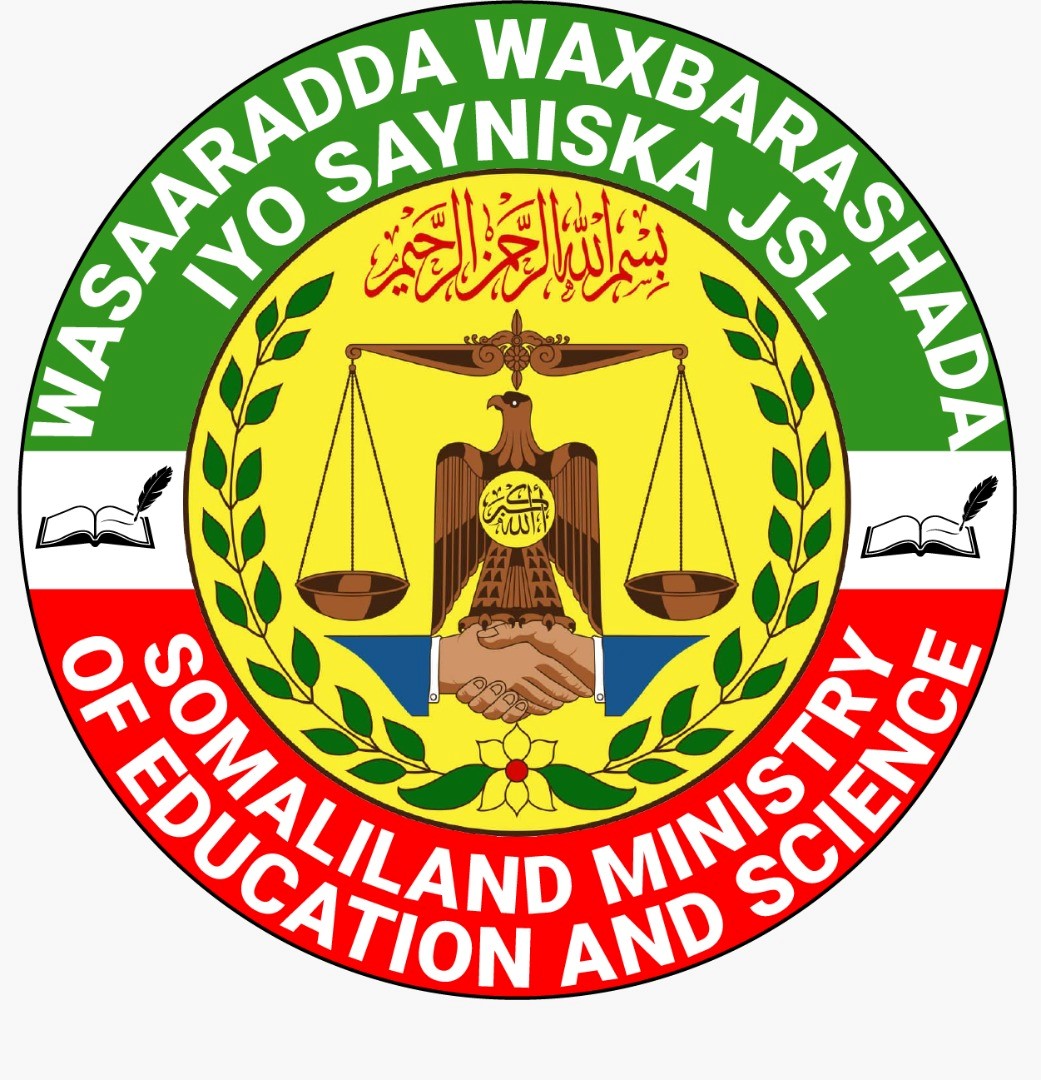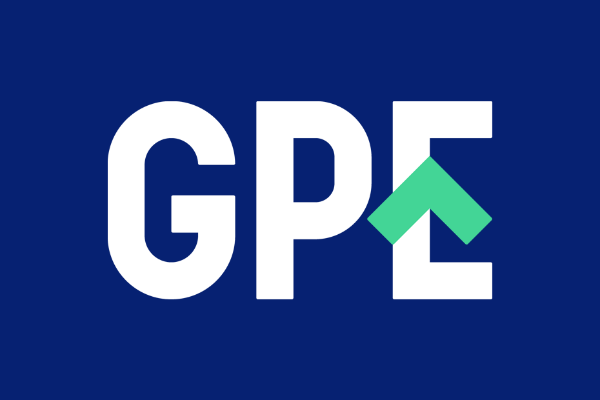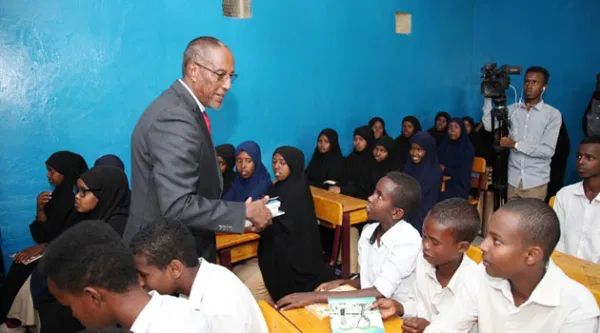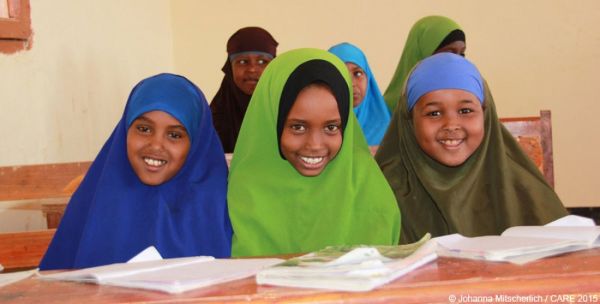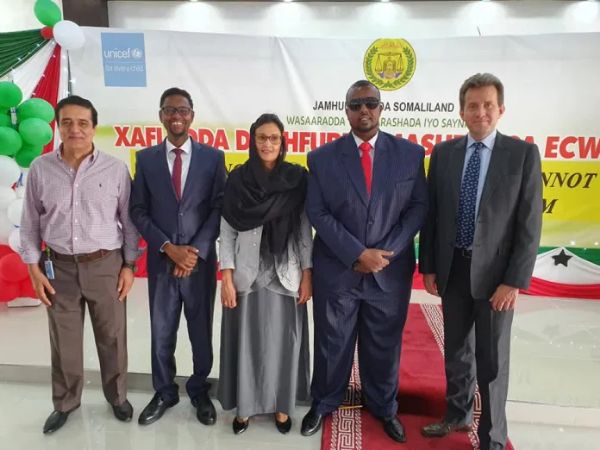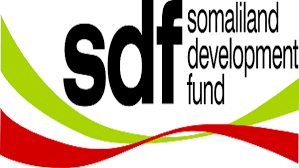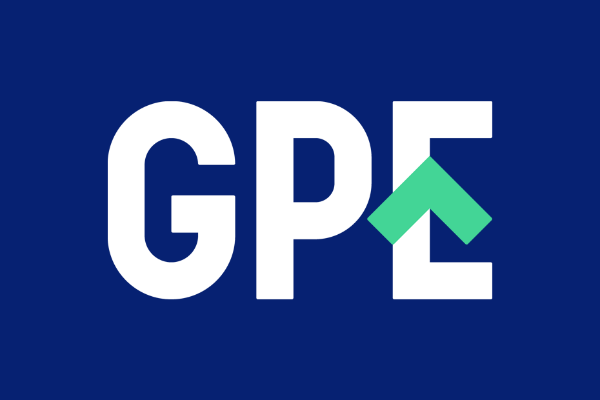
Global Partnership For Education (Gpe)
Program Document for the Global Partnership for Education (GPE) Grant
Prepared by the Ministry of Education and Science of the Republic of Somaliland
With Support from Save the Children as Grant Agent
Introduction
This document outlines the program implemented under the Global Partnership for Education (GPE) grant of US$7.7 million, managed by Save the Children as the grant agent, for the period 2018–2021. The program was designed to support the Republic of Somaliland’s education sector, focusing on enhancing equity, quality, and access to education across all levels.
The program aligned with Somaliland’s National Education Policy and the Education Sector Strategic Plan (ESSP) to address critical challenges in education, promote inclusivity, and strengthen institutional capacity.
Program Objectives
The program’s overarching goal was to improve access to quality education for all children in Somaliland, particularly those from marginalized groups, and to ensure sustainability through systemic improvements.
Specific objectives included:
- Increasing Equitable Access to Education: Expanding opportunities for disadvantaged children, particularly girls, children with disabilities, and children in rural and nomadic areas.
- Improving the Quality of Education: Enhancing teacher training, curriculum development, and learning materials to ensure better learning outcomes.
- Strengthening Education Systems: Building the capacity of the Ministry of Education and Science for effective governance, monitoring, and accountability.
Key Components of the Program
-
Improving Access to Education
- Construction and rehabilitation of 50 classrooms in rural and underserved areas to provide safe learning environments.
- Distribution of learning materials, including textbooks and stationery, to 25,000 students across primary and secondary schools.
- Establishment of mobile schools and alternative education programs for nomadic and pastoralist communities.
- Targeted scholarships and stipends for 3,000 girls and children with disabilities to reduce financial barriers to education.
-
Enhancing Teacher Training and Professional Development
- Training 2,000 teachers in child-centered and inclusive teaching methodologies.
- Providing in-service professional development programs for teachers in rural and underserved areas.
- Establishment of a Teacher Resource Center in Hargeisa to support continuous learning and access to modern teaching resources.
-
Curriculum Development and Learning Assessment
- Development of a competency-based curriculum tailored to Somaliland’s socio-economic context.
- Introduction of standardized national assessments to monitor student performance and guide policy decisions.
- Inclusion of gender-sensitive and inclusive content in textbooks and learning materials.
-
Strengthening Education Governance and Management
- Capacity building for 500 Ministry of Education staff at the central, regional, and district levels in planning, monitoring, and reporting.
- Implementation of an Education Management Information System (EMIS) to improve data collection, analysis, and utilization.
- Establishment of school management committees in 200 schools to promote community participation in education governance.
-
Promoting Gender Equity and Inclusion
- Awareness campaigns to address cultural and socio-economic barriers to girls’ education.
- Creation of gender-sensitive school environments, including separate latrines for boys and girls.
- Provision of psychosocial support services for children affected by trauma and conflict.
Program Achievements (2018–2021)
The program achieved significant results, including:
- Enrolling 18,000 additional students in primary and secondary schools, with a 60% increase in girls’ enrollment.
- Training 1,800 teachers, of whom 40% were women, enhancing their capacity to deliver quality education.
- Distributing 150,000 textbooks aligned with the new competency-based curriculum.
- Establishing 200 school management committees, fostering greater accountability and community involvement.
- Implementing the first-ever national student assessment, providing critical data on learning outcomes.
Challenges Encountered
Despite its successes, the program faced challenges, including:
- Limited infrastructure in rural areas, requiring additional resources to expand school facilities.
- Persistent cultural and economic barriers to girls’ education.
- Difficulties in retaining trained teachers due to low salaries and lack of incentives.
- Operational constraints in nomadic regions, requiring further innovation in delivering education to mobile communities.
Sustainability and Next Steps
To ensure sustainability, the program:
- Integrated project activities into the Ministry of Education’s long-term plans and budgets.
- Strengthened community engagement to promote local ownership of education initiatives.
- Developed policies and frameworks to institutionalize key achievements, such as the EMIS and national assessments.
Moving forward, the Ministry of Education and Science seeks to build on this foundation by:
- Securing additional funding to scale up successful interventions.
- Expanding infrastructure and teacher training to underserved regions.
- Strengthening public-private partnerships to enhance resource mobilisation.
Conclusion
The GPE grant (2018–2021) has been a transformative initiative for Somaliland’s education sector. By addressing critical gaps in access, quality, and governance, the program has laid the groundwork for a more inclusive and equitable education system. The Ministry of Education and Science, with support from Save the Children and other partners, remains committed to sustaining and expanding these gains to ensure that every child in Somaliland has the opportunity to learn and thrive.
Program document prepared by the Ministry of Education and Science of the Republic of Somaliland, Somalia, with support from Save the Children as grant agent, for a GPE grant of US$7.7 million covering the period 2018–2021.
